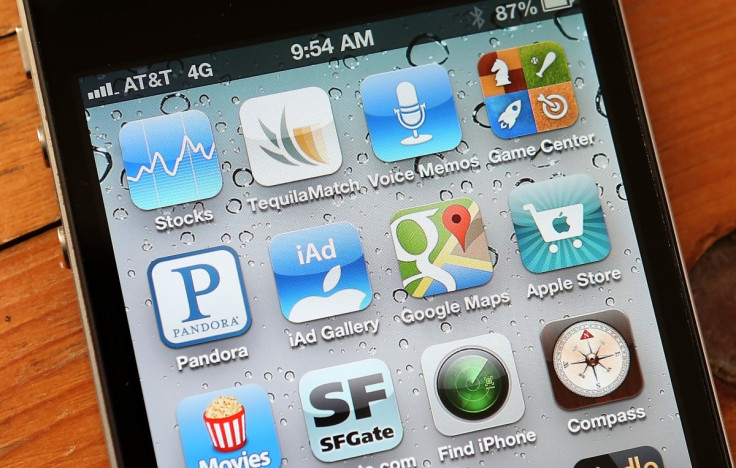People suffer 'Post Deletion Stress Disorder' for clearing content to create storage space

The act of deleting photos, apps and other content from phones causes many people to feel low, research has revealed. Dubbed "Post Deletion Stress Disorder" (PDSD), experts have warned that more than half of consumers suffer emotional effects after deleting content to make way for pictures, videos and selfies.
The research conducted by Western Digital (WD) suggested that more than half (56%) of UK consumers are forced to delete content from a technology device and have then regretted doing so. The link between deleting content and feeling down because of it could stem from the fact that the average consumer is now spending roughly £3,241 on content such as pictures, music, apps and movies, only to have to delete it.
"Running out of storage space isn't the greatest challenge threatening mankind at the moment, but it's certainly an annoyance for a great many consumers," said Jim Welsh, executive vice president and general manager of Content Solutions at WD. "Our findings clearly show that currently consumers are sacrificing precious memories and valuable content to make more space on their devices."
WD's research showed that while one in three UK consumers reach their storage capacity on a monthly basis, 44% said that they didn't know what content was taking up space on their devices. Furthermore, only 2% of UK consumers said that they were using a paid cloud storage solution and less than 16% were using the free cloud service storage. Only 33% had invested in an external hard drive.
The lack of backing-up digital content has caused people to suffer from PDSD as people's downloading habits continue to increase. Consumers revealed that 77% of them download at least one app on a monthly basis, while more than one third of them download a feature film to their mobiles every month.
Furthermore, with photographs being found to take up the most storage capacity, it was noted that consumers may be suffering from PDSD because they are actively being forced to delete old memories to make way for new ones.
Welsh said: "Attitudes towards storage purchasing have not yet caught up with appetites for digital content. As consumers continue to lead more digital lifestyles and are forced to choose between which files to keep or delete, consumers will look for external storage solutions that bring more value with features that help them store, share and backup their digital content."
© Copyright IBTimes 2025. All rights reserved.






















